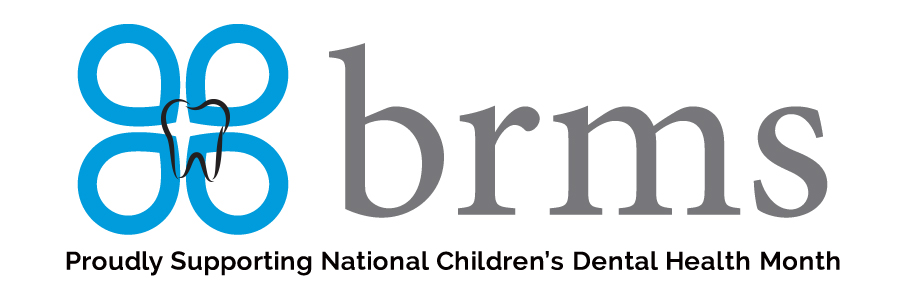

October is National Oral Hygiene Month and a healthy mouth is something to smile about! Taking care of your teeth and gums can mean more than just a healthy looking smile; it can help reduce the chance of gum disease or decaying teeth, and the unpleasant side effects of poor dental hygiene, like bad breath and a dingy smile.
The benefits of healthy oral hygiene
Daily cleaning of your teeth, gums, and tongue, combined with annual check-ups at the dentist, helps ward off harmful bacteria and microbes that can cause tooth decay, bleeding gums, and infections in your mouth. It may also help you avoid embarrassing conditions such as dingy teeth and bad breath.
Tips for grownups
Periodontal (gum) disease is the leading cause of tooth loss in adults1. Many adults experience major dental problems that could be prevented through basic oral hygiene practices, and regular dentist appointments.
For best results, adults should brush their teeth at least twice a day – preferably after each meal and before going to bed. Regular brushing and flossing will help prevent unpleasant conditions such as plaque and bad odors. But be gentle! Over-brushing or flossing may cause bleeding, which can lead to infections.
Too busy for all that extra work? Save time and just brush and floss the teeth you want to keep!
In addition to keeping your pearly whites nice and shiny, there’s growing evidence of a connection between a healthy mouth and your overall health. Chronic inflammation from gum disease has been associated with cardiovascular problems such as heart disease, blockages of blood vessels, and strokes. Diabetes also has a strong association with periodontal disease.2
Tips for tots
Establishing healthy habits early in a child’s life is essential for their overall well-being. Baby teeth, even though they’re temporary, help a child eat, talk, and smile. They also serve as placeholders that help their permanent teeth come in correctly. Yet, according to the American Academy of Pediatric Dentistry, a major cause of tooth loss in children is cavities.
WebMD warns, for example, about “baby-bottle tooth decay” – a common problem for children getting their first set of teeth. Putting a child to bed with a bottle filled with sugary liquids, like juice or soda, can rot their teeth. Caregivers can avoid this by serving only formula, milk or breast milk in bottles.3
It’s never too early to start establishing healthy habits. Baby teeth should be cleaned with a washcloth. Young babies should eventually have their teeth and tongues brushed with soft toothbrushes. Children should learn the proper way to brush their teeth using fluoride toothpaste. Regular dental check-ups should also be part of their routine.
Don’t be a statistic!
A startling Centers for Disease Control study found that in 2012 nearly 19% of adults aged 65 and older had no teeth.4 Clearly, dental health is not something you can put off and catch up on later. Healthy teeth and gums should be a part of everyone’s lifelong health habits. An ounce of prevention is definitely worth a pound of cure. Daily cleaning and regular visits to the dentist’s office are better not only for your health, but also for your budget. So smile! Whatever your age – or the current state of your own dental health – it’s never too late to develop healthier oral hygiene habits.
Source: https://www.humana.com

